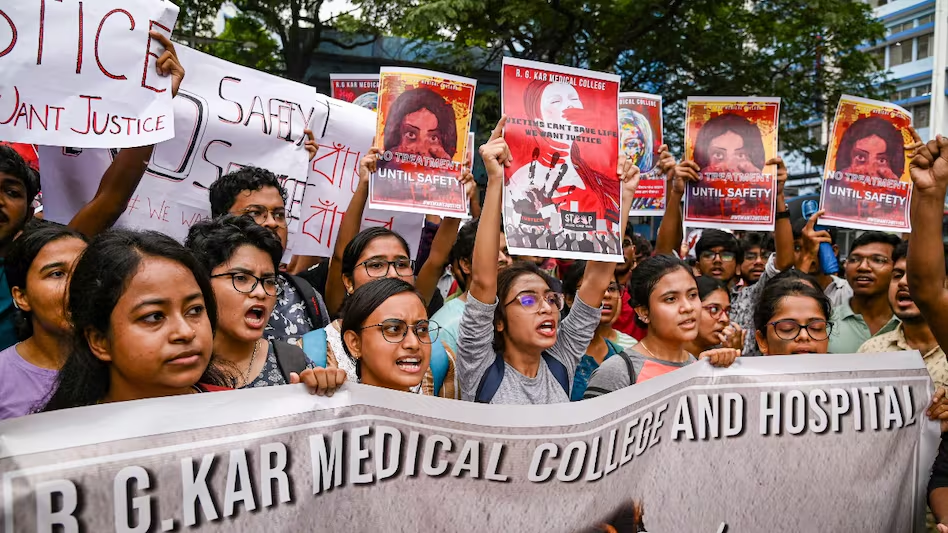Supreme Court Investigation Uncovers Key Missing Document in Kolkata Rape-Murder Case
Table of Contents
- Introduction
- Background of the Kolkata Rape-Murder Case
- Supreme Court’s Intervention
- Key Findings: Missing “Challan” Document
- Impact of FIR Delay on the Case
- Supreme Court’s Directives
- CBI’s Role Moving Forward
- Conclusion
Introduction
The Supreme Court of India has stepped into the high-profile Kolkata rape-murder case, uncovering crucial lapses in the investigative procedures. This case, involving a young woman’s brutal murder in RG Kar Medical College, has attracted public outrage. In a recent development, the Supreme Court identified missing documentation that should have been a part of the postmortem process, leading to several questions about the handling of the case.
Background of the Kolkata Rape-Murder Case
The tragic incident took place in RG Kar Medical College, Kolkata, sparking a nationwide demand for justice. The victim’s family alleges that she was assaulted and murdered, prompting public outcry and demands for transparency in the investigation.
Supreme Court’s Intervention
Following significant lapses in the initial investigation, including the mishandling of evidence, the Supreme Court intervened. Chief Justice DY Chandrachud led the hearing, highlighting procedural concerns and instructing the Central Bureau of Investigation (CBI) to look into the case for unbiased inquiry.
It also wants the immediate removal of photographs of the victim from all social media platforms to protect the dignity and privacy of the deceased.
Key Findings: Missing “Challan” Document
A pivotal issue uncovered by the Supreme Court was the absence of the “challan” document, which authorizes the transportation of a deceased body for postmortem. This missing document raises questions about procedural missteps, potentially affecting the outcome of the forensic examination.
“Where is the challan of the body when it was handed over for postmortem?” the bench, also comprising Justices JB Pardiwala and Manoj Misra, asked.
Solicitor General Tushar Mehta, appearing for the CBI, informed the bench that the challan was not part of their records.
Senior advocate Kapil Sibal, appearing for the West Bengal government, told the bench that he could not find the document immediately and would get back to the court on this question.
Impact of FIR Delay on the Case
The Kolkata Police’s 14-hour delay in filing the First Information Report (FIR) has further complicated the investigation. This delay could have jeopardized crucial evidence, leading to Supreme Court’s concern that such lapses could hinder justice.
The court has flagged the at least a 14-hour delay by Kolkata Police in registering FIR in rape and murder incident. It also directed the CBI to submit a fresh report by September 17 on the probe in the case.
Supreme Court’s Directives
The Supreme Court instructed immediate actions to protect the victim’s privacy, such as ordering social media platforms to remove her images. Additionally, the Court emphasized the need for procedural reforms to prevent similar issues in future investigations.
CBI’s Role Moving Forward
The CBI has been tasked with handling the investigation, which now includes analyzing the procedural lapses identified by the Supreme Court. With updates expected on September 17, there is hope for more clarity and justice for the victim’s family.
West Bengal CM Mamata Banerjee during a press meet on Monday claimed that no one offered money to the parents of the victim. “Money wasn’t offered to the family. They were told if you want to do some good work in the memory of your daughter then tell us. One has to prove if money was offered,” said Mamata.
September 9 marks one month of the RG Kar rape-murder.
Conclusion
The Supreme Court’s active involvement in the Kolkata rape-murder case has unveiled systemic issues within the investigative process. The focus now shifts to the CBI, with the hope that their findings will lead to justice for the victim.




